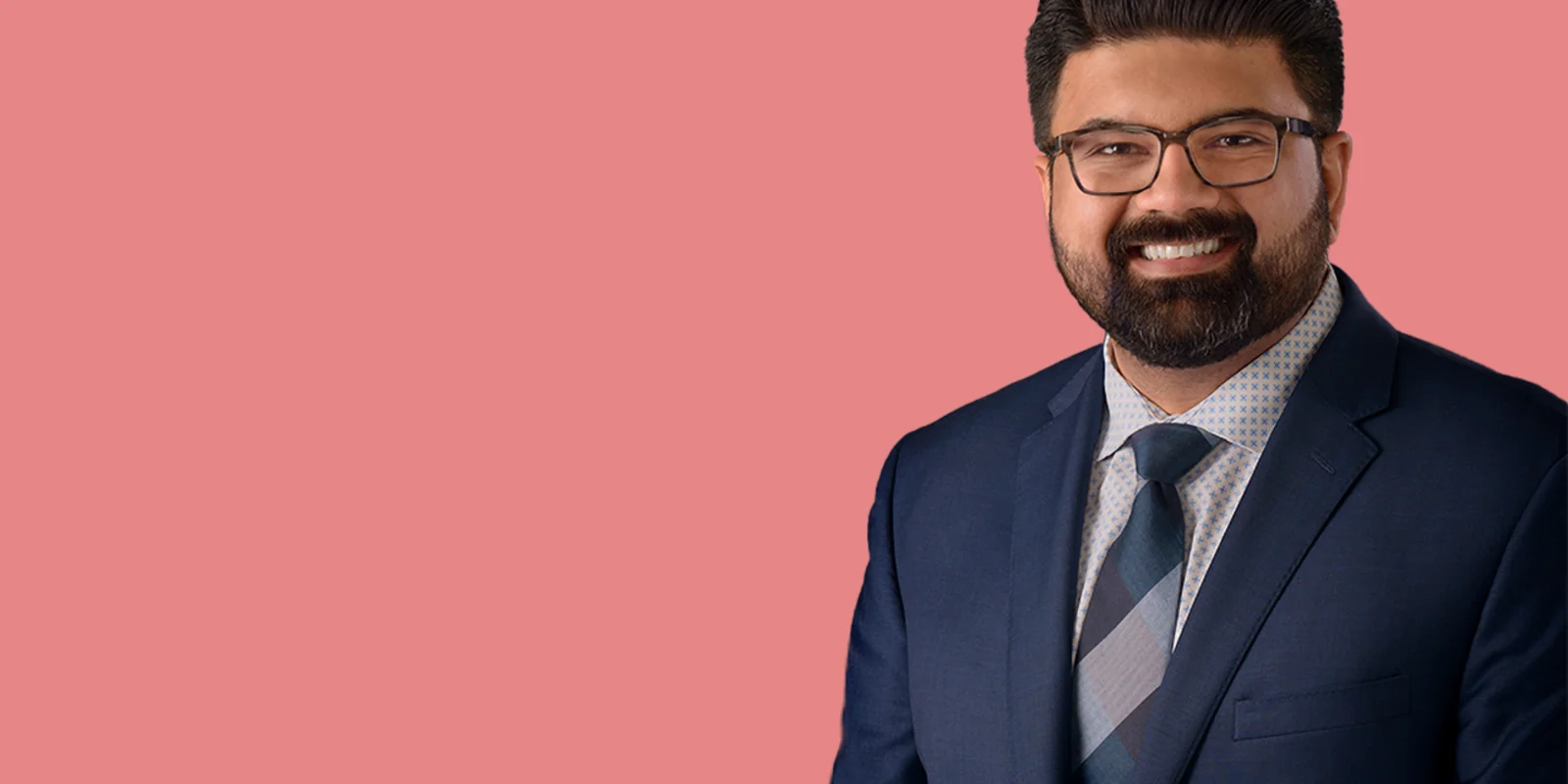
Name: Kamran Mirza, MD
Specialty: Hematopathology
Education: Aga Khan Medical College, University of Chicago Medical Center (Residency in Pathology, Fellowships in Hematopathology, MERITS, and Thoracic Pathology)
Areas of Expertise: Lymphomagenesis, Pathology education
Current Position: Pathologist, Loyola University Medical Center
1. Why did you choose pathology?
I have always been fascinated by the inner workings of the human body. To me, there is no greater calling than the idea that our work (as pathologists) is at the crux of questions between malignant or benign, chemotherapy or antibiotics, surgical intervention or palliation. I chose pathology because I was fortunate to realize that this field dictates and connects all aspects of patient care.
2. What area of pathology is changing most rapidly?
I am tempted to say telepathology, or molecular pathology. But, I think the area of pathology that is changing most rapidly is our visibility. More so than ever pathologists are cognizant of relaying the relevance and importance of their roles in patient-centered medicine. The steep trajectory of pathologists’ acceptance and championing of social media, increasing advocacy and taking control of the conversation is refreshing.
3. What is the last journal article or piece of research that significantly changed your practice?
As a hematopathologist, I have to say it has been the 2016/2017 updates of the WHO Classification of Tumors of Hematopoietic and Lymphoid Tissues. This classification scheme serves as a central guide to our practice and retains its relevance by continuous modification to include new peer-reviewed research and prognostic data.
4. What are your research interests?
In the world of hematopathology I am interested in the biology of lymphomagenesis. Specifically, the diagnostic utility of evaluating expression status of specific transcription factors in double-hit Lymphomas. In medical education, my research focus is on innovative pedagogical techniques in pathology teaching and figuring out variables that sway medical student career choice.
5. Outside of your daily practice, do you have any personal or professional projects that you’re passionate about?
Aside from hemepath, I am passionate about making sure every medical student makes an informed decision regarding whether they would consider or rule out pathology as a career. I am on a self-imposed mission to clarify the role pathologists and laboratory professionals play in patient care — writing about this whenever and wherever I can (check out these examples if you have time: Our Secret Language and Meeting Kristoff). At home, I have 3 adorable ‘projects’ in the form of my delightful daughters. Most recently, my wife’s passion of gardening has rubbed off on me and if spring decides to show up in Chicago (!) my garden will be a project too!
6. What is a common misconception that other clinicians have about pathology?
Hahaha… where do I start? For most other physicians, pathology is a black box. Specimens go into this box and data comes out. Because of this, there are numerous misconceptions. These misconceptions traverse society and even the way we approach teaching the new generation of medical students.
7. Who are your mentors?
Mentorship has many faces. To me, mentorship is hard to differentiate from inspiration, guidance and support. So I would say: my parents, Shehnaz and Atif Mirza, for instilling in me the concept of continuous self-improvement, achievement and kindness. My college Head Master Mr. Saleem Kashmiri, who realized my potential before anyone else did. My PhD advisor, Dr. Asrar Malik who gave me a chance and opened my eyes to the world of research. My residency program director Dr. Aliya Husain, who is my pathology mom. My hematopathology fellowship director, Dr. John Anastasi whose love for hematopathology burns so bright that even my students benefit from it. The incomparable Dr. James Vardiman, for his humble excellence. My department chair Dr. Eva Wojcik, who is a guiding light. And my wife Dr. Sara Hanif Mirza, who is the wind beneath my wings.
8. What’s the best advice you’ve ever received?
Early in your career, don’t say no. Say yes. Everything is an opportunity to succeed.
9. What is the biggest challenge or obstacle in pathology?
Right now, I think the (amazing) ability to perform complex procedures with minimal invasion has sequentially decreased the amount of tissue we receive. Working with increasingly scant material has its challenges.
10. Maintenance of certification has been a controversial topic lately. What are your thoughts? How has it, or will it, impact your career?
I think it is one of those things people will never agree on. I understand and agree on the concept of maintenance of certification. Everything has its positives. How to go about enforcing it is something I leave to the pros.
13. What are your favorite Doximity features and how have they helped your productivity (Dialer, DocNews, Career Navigator, e-Fax, etc.)?
DocNews and e-Fax, for sure!





